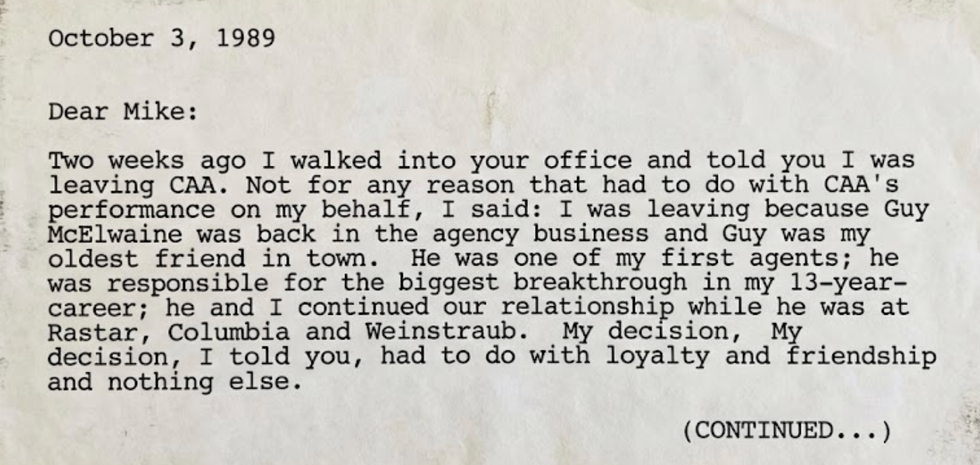An ingenious scheme to encourage people to take their TB meds. Tuberculosis treatment is a drag. Patients require a six-month course of antibiotics to clear the lung infection, which plagues a third of the world's population and kills 2 million each year. Sure, after roughly two to three months, symptoms such as a lingering cough and fever will subside. But halting the regimen then allows the bacteria to acquire antibiotic resistance, creating TB strains that are tougher to control as they spread. Getting patients to stay on their meds is tough enough in the developed world, but in areas short on health care facilities, it can be nearly impossible.X out TB is a system designed by Massachusetts Institute of Technology students that uses a carrot-and-stick principle to keep TB sufferers popping their pills. Patients receive a dispenser that every 24 hours releases a strip of paper with a string of numbers on it. This test stamp contains chemicals that react to metabolites from TB drugs in urine to highlight a subset of those numbers. A compliant patient can text message the code from a successful test to a central database and-as in a pilot study of 30 patients in Nicaragua-be rewarded with free cell phone minutes. The program is now being tested in Kirachi, Pakistan, and will soon be employed in Indonesia, as well.According to X out TB team member Elizabeth Leshen, the microfluidics technology that makes the test reliable could be engineered to detect remnants of drugs associated with other diseases, such as HIV. And while mobile phone minutes (which are provided by local carriers) are valuable to people in the developing world, they are not the key to the system. "If, in certain areas, there is another, more powerful incentive that can be easily distributed through an existing infrastructure," she says, "we can incorporate that alternative incentive in the place of cell phone minutes."Photo by Jose Gomez-MarquezBack to interactive site
Search
Latest Stories
Start your day right!
Get latest updates and insights delivered to your inbox.
We have a small favor to ask of you
Facebook is critical to our success and we could use your help. It will only take a few clicks on your device. But it would mean the world to us.
Here’s the link . Once there, hit the Follow button. Hit the Follow button again and choose Favorites. That’s it!
The Latest
Most Popular
Sign Up for
The Daily GOOD!
Get our free newsletter delivered to your inbox
















 An excerpt of the faxCanva
An excerpt of the faxCanva

 Robert Redford advocating against the demolition of Santa Monica Pier while filming "The Sting" 1973
Robert Redford advocating against the demolition of Santa Monica Pier while filming "The Sting" 1973


 Image artifacts (diffraction spikes and vertical streaks) appearing in a CCD image of a major solar flare due to the excess incident radiation
Image artifacts (diffraction spikes and vertical streaks) appearing in a CCD image of a major solar flare due to the excess incident radiation

 Ladder leads out of darkness.Photo credit
Ladder leads out of darkness.Photo credit  Woman's reflection in shadow.Photo credit
Woman's reflection in shadow.Photo credit  Young woman frazzled.Photo credit
Young woman frazzled.Photo credit